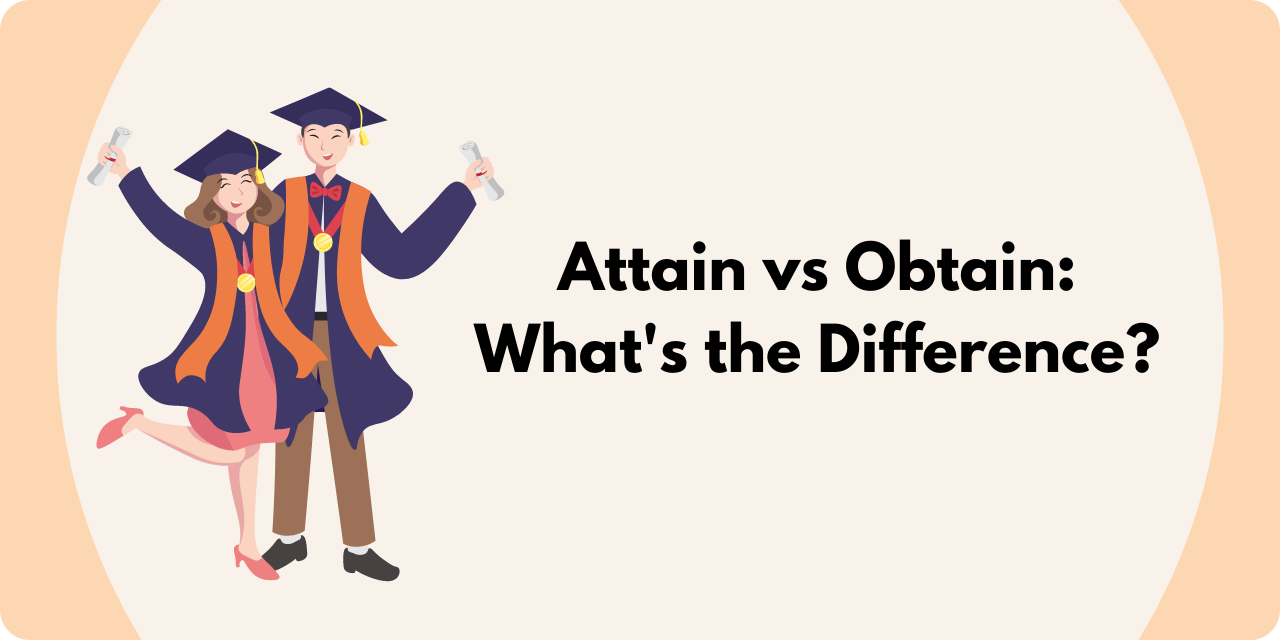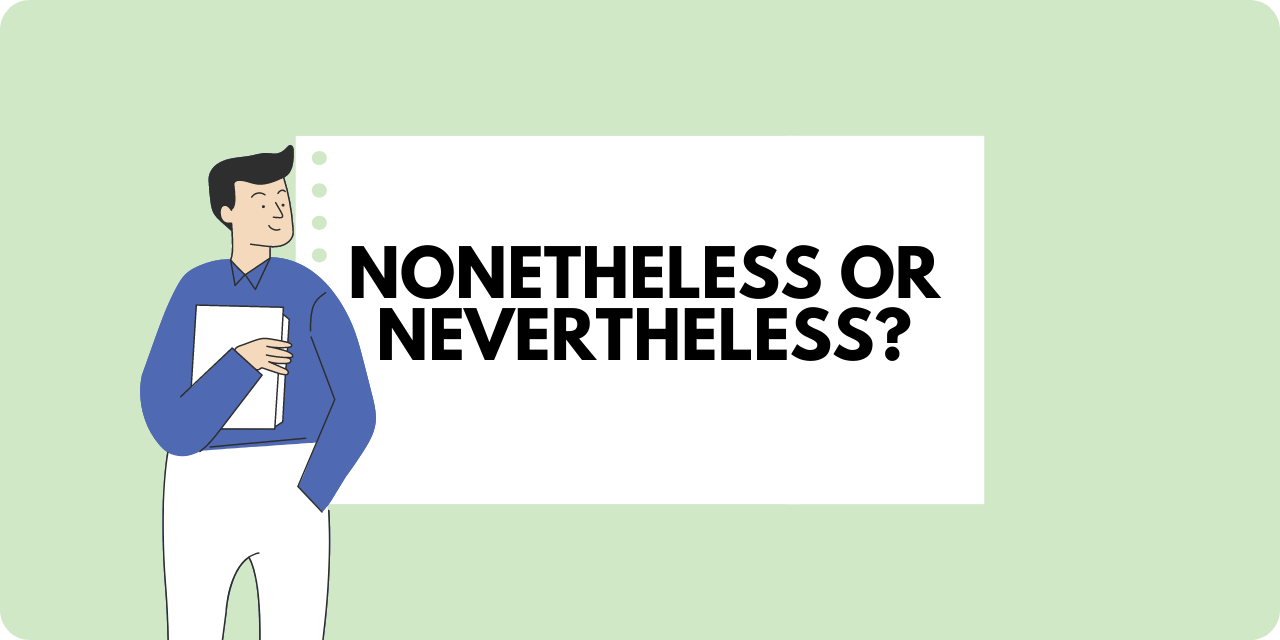Is it “proof” or “prove?” English often seems to be the mixing pot of languages. In many cases, English words can have shared origins or similarities that we may not even know. This is true for the words “proof” and “prove.” Interestingly, these words share the same Latin root, “probare,” even though they are entirely different words with separate meanings!
Even though they have a similar root word, “proof” and “prove” should not be used similarly.
What Does “Proof” Mean?
“Proof” is an English noun that has three main meanings. It can be used to refer to evidence. In these cases, it may look like this:
- Don’t worry, your honor. I have the proof you need right here!
- When you are pulled over, you must show proof of car insurance.
Additionally, “proof” can be used to refer to a copy of something that is used for a test. For instance:
- You must submit the proofs to the bookkeeper before the school year starts!
Lastly, “proof” can be used in mathematics to describe a well-formed argument. For example:
- Today in geometry, we learned all about proofs.
- The proof of congruent angles points to a universal understanding of triangles.
When not used as a noun, “proof” can be used as a verb meaning “to read a document for correctness.” Instead of just saying “proof,” most people opt to refer to this noun as “proofread.”
Finally, “proof” can be a compound adjective to refer to alcohol content or impermeability. For example, you may say something is “fireproof” or “waterproof,” meaning it is impervious to fire and water. Additionally, you can say that an alcoholic beverage is “high-proof,” meaning it has a high alcohol content.
What Does “Prove” Mean?
Compared to “proof,” the word “prove” has a more straightforward meaning. Generally, it is usually used to refer to the verification or something or someone. For instance:
- Jamie has to prove herself before she is allowed to join the band.
- The detective will prove the validity of the forensic tests.
- Don’t worry; I will prove to you that I am a dedicated student!
Differences Between “Proof” And “Prove”
It’s understandable if “proof” and “prove” are still hard for you to distinguish. Luckily there are some helpful tricks out there to help you with this.
One main tip is that “prove” is usually used as a verb in common writing/speech, whereas “proof” is usually a noun. Of course, there are times when this pattern is broken, but for the most part, it is correct.
Additionally, most times, where you would use “proof” as a noun, you should lengthen it to help your readers understand. For example, instead of saying “proof” as a verb, you should say “proofread.”
Examples
The grievances aren’t unreasonable, on either side, but the focus on fairness, by making it harder to reach any kind of agreement at all, could prove disastrous. – The New York Times
Even Warren Hill, a man with an IQ of 70 who is diagnosed as mentally retarded by every doctor who has examined him, found it impossible to meet this standard of proof“. – The Guardian
Summary
In the end, “proof” and “prove” are very different words with separate meanings, even though they come from the same origin.
In general, “proof” is used as a noun with multiple meanings and can be lengthened to “proofread” when used as a verb. On the other hand, “prove” is a verb that is strictly used to refer to the demonstration of competence or the verification of something.
As a helpful tip, “proof” should mainly be used as a noun or adjective in writing, whereas “prove” should be used as a verb.






